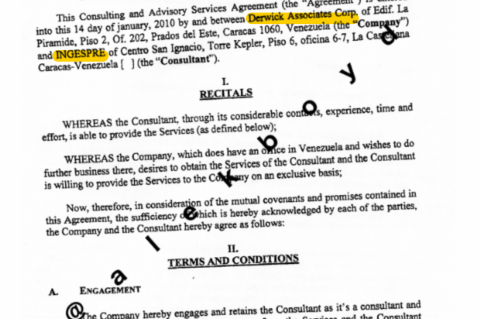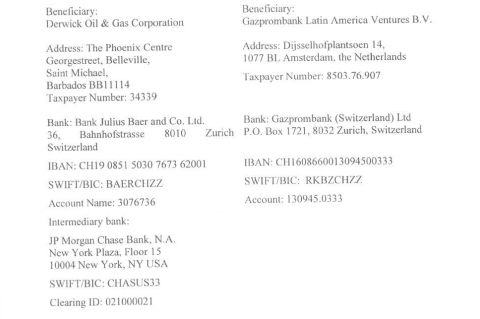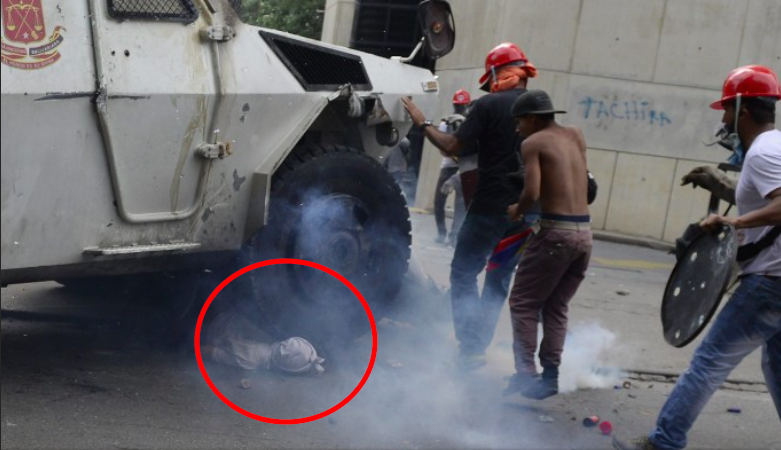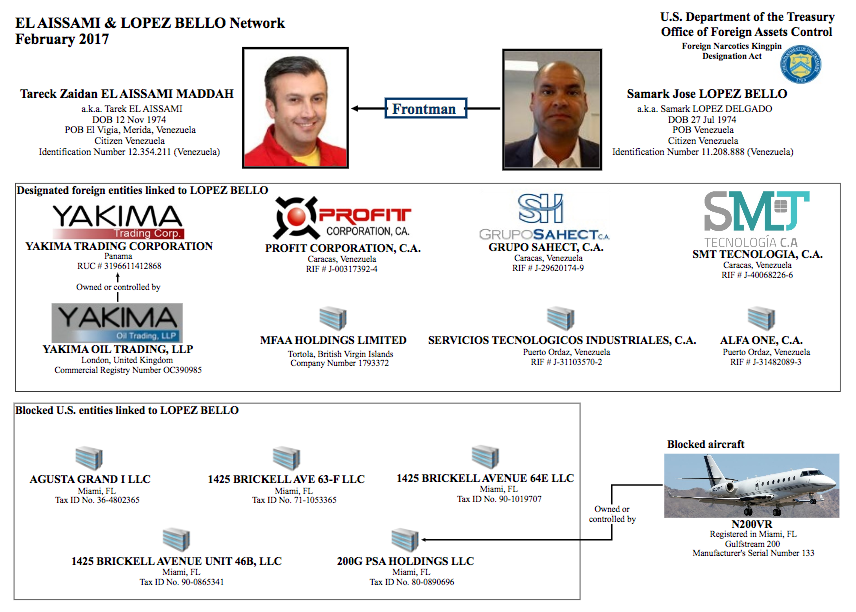Message to INFODIO readers: investigative journalism, which is what this site does, takes lots of time. Visiting media looking for a quick run down on Venezuela's gargantuan corruption, have the decency to at least cite the source when plagiarising this site's content without attribution (exhibit Reuters here and here, exhibit Bloomberg here, exhibit OCCRP here). To all readers, do the right thing, the honest thing: support independent investigative journalism, help us expose rampant corruption. Note added 28/06/2021: impostors are using INFODIO's former editor's full name, and a fake email address (alek.boyd.arregui at gmail.com) to send copyright infringement claims / take down requests to web hosting companies (exhibit Hostgator). The attempt is yet another effort paid by corrupt thugs to erase information about their criminal activities. Infodio.com has no issues with other websites / journalists using / posting information published here, so long as the source is properly cited.





